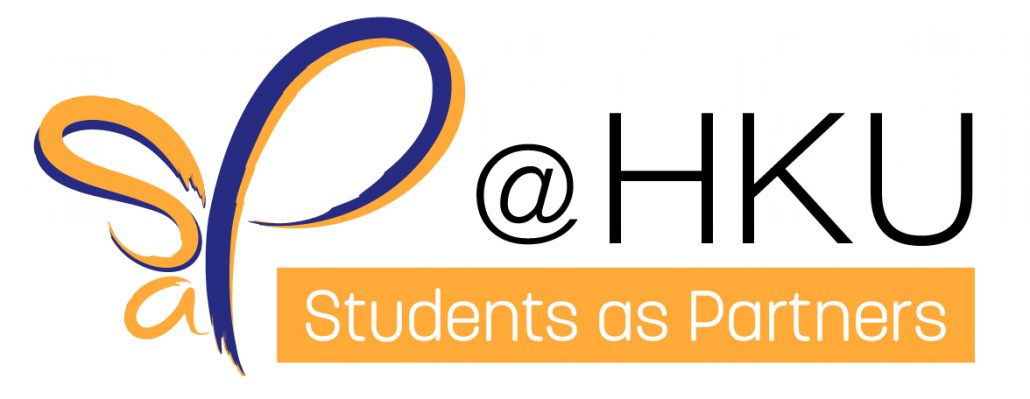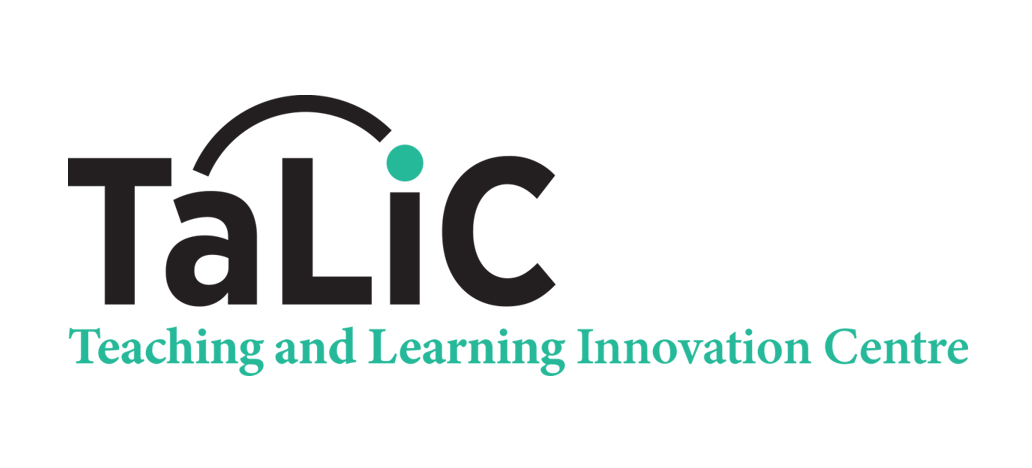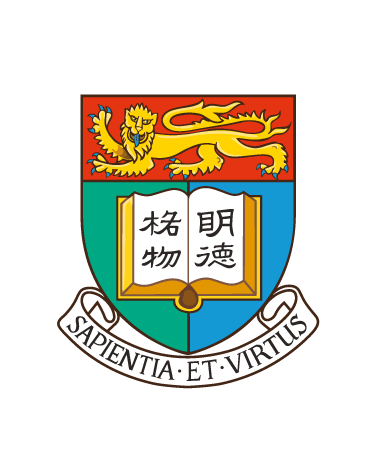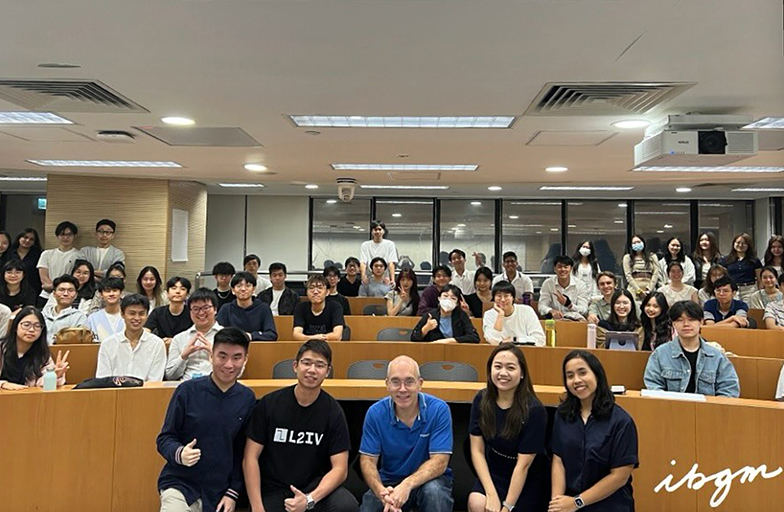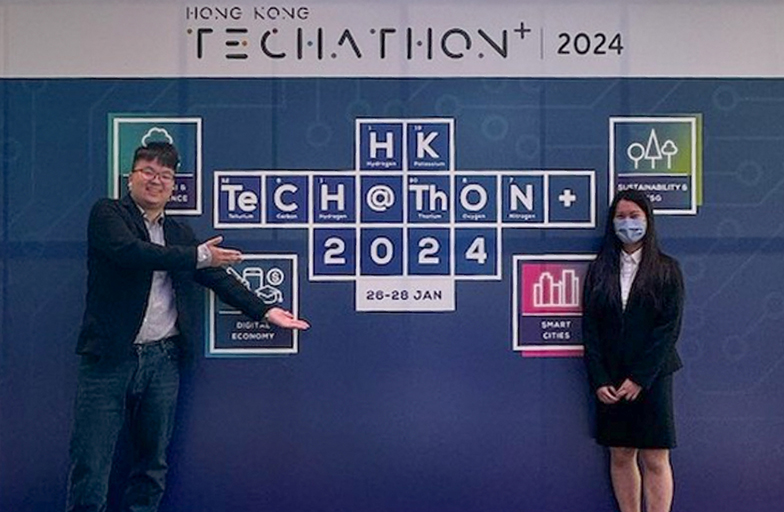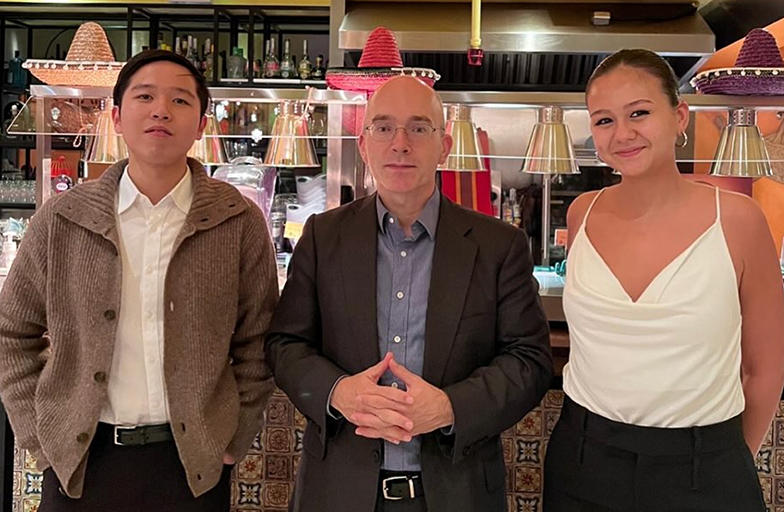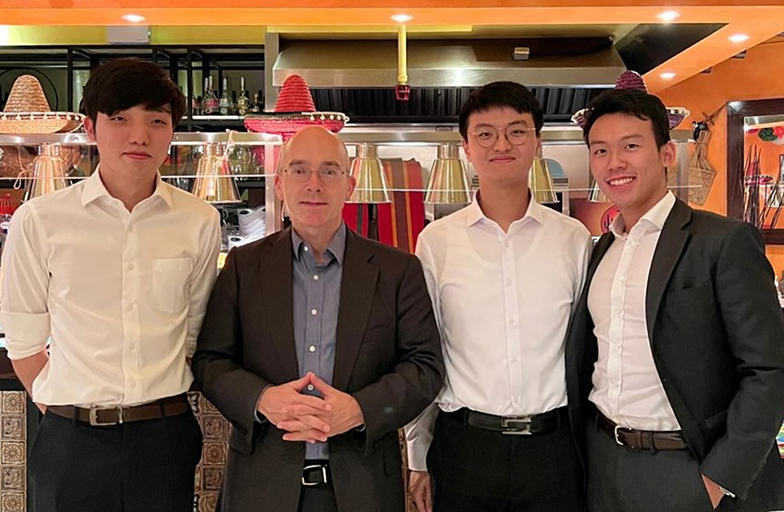Growing into Student Partners: The Transformation of IBGM’s SaP Approach
Mr. Winton WONG, MEd Candidate, Student Research Assistant, Teaching and Learning Innovation Centre, HKU
The student partners collaborated with Dr. Buehlmaier to elevate students’ experience in orientation camps, alumni sharing sessions, and international exchange programmes. They took the initiative to drive new ideas and innovations within their projects. For instance, they launched a LinkedIn photoshoot last year to help students develop their professional profiles, demonstrating their ability to identify and address student needs beyond traditional orientation activities. By organising networking and career development opportunities, the students developed their own capabilities while directly addressing the practical needs of their peers. Sung Ho (Enrichment Department) remarked, “As I grew into my senior years, getting to know my classmates a lot better, as well as communicate with them more frequently, and developed that role as a partner with the professor, the university, and faculty, I think I felt much more comfortable being able to speak out and share what I thought in terms of initiatives, as well as how the faculty at university were running things. In that sense, I could see myself as an advocator.”
Alex (Publicity Department) noticed an attitudinal change: from initially just doing the assigned tasks to proactively seeking more responsibilities. He took on leadership roles in designing social media content and tried to generate more posts outside of the provided materials. Student partners relished opportunities to provide constructive input on curriculum design and events.
The transformation of the student partners from passive participants to empowered advocates and leaders demonstrates the profound impact of the student partnership approach (Bovill, 2020). By taking the initiative to drive innovative projects and provide constructive input, these students elevated the educational experience for their peers while also developing their own invaluable skills. This symbiotic relationship between students and faculty highlights the immense potential when learners are truly embraced as collaborative partners in shaping the university community (Bryson, 2016).
Despite the considerable workload and challenges in coordination that came with their leadership roles, the student partners stayed motivated and passionate about the programme to overcome these difficulties. Faced with challenges like planning large-scale orientation events requiring significant manpower, some students understandably struggled with burnout. However, senior partners supported their juniors by wisely delegating responsibilities and checking in on progress. When restrictions from university policies stalled promising ideas, the partners drew on their creativity to enhance the student experience. For example, the student departments had initially planned water activities for the orientation camp, but the university deemed them too dangerous. Undeterred, the students creatively pivoted to organising a water balloon fight, maintaining an engaging and fun experience for their peers within the policy constraints. By maintaining open dialogue and respecting each side’s perspectives, the partners and programme directors worked jointly to resolve hurdles. Even during the upheaval of the pandemic requiring quick navigation of virtual formats, the students demonstrated flexibility and commitment to their roles. Through determination and cooperative problem-solving within limitations, they consistently found ways to contribute actively toward IBGM’s success.
The student partners’ transformative experiences demonstrated their significant impact on enhancing the IBGM programme. By taking on advocator and leadership roles, they were able to drive new initiatives, improve existing events, and amplify student voices. Their collaborative approach and commitment to overcoming challenges strengthened both the programme and the partners’ own skillsets, highlighting the valuable contributions that engaged students can make in shaping their educational experience.
References
- Bovill, C. (2020). Co-creating learning and teaching : towards relational pedagogy in higher education. Critical Publishing.
- Bryson, C. (2016). Engagement through partnership: Students as partners in learning and teaching in higher education. International Journal for Academic Development, 21(1), 84–86. https://doi.org/10.1080/1360144x.2016.1124966
- Cook-Sather, A., Bovill, C., Felten, P., & Cook, M. (2014). Engaging students as partners in learning and teaching : a guide for faculty (First edition.). Jossey-Bass.
- Matthews, K. E. (2017). Five propositions for genuine students as partners practice. International Journal for Students as Partners, 1(2). https://doi.org/10.15173/ijsap.v1i2.3315
